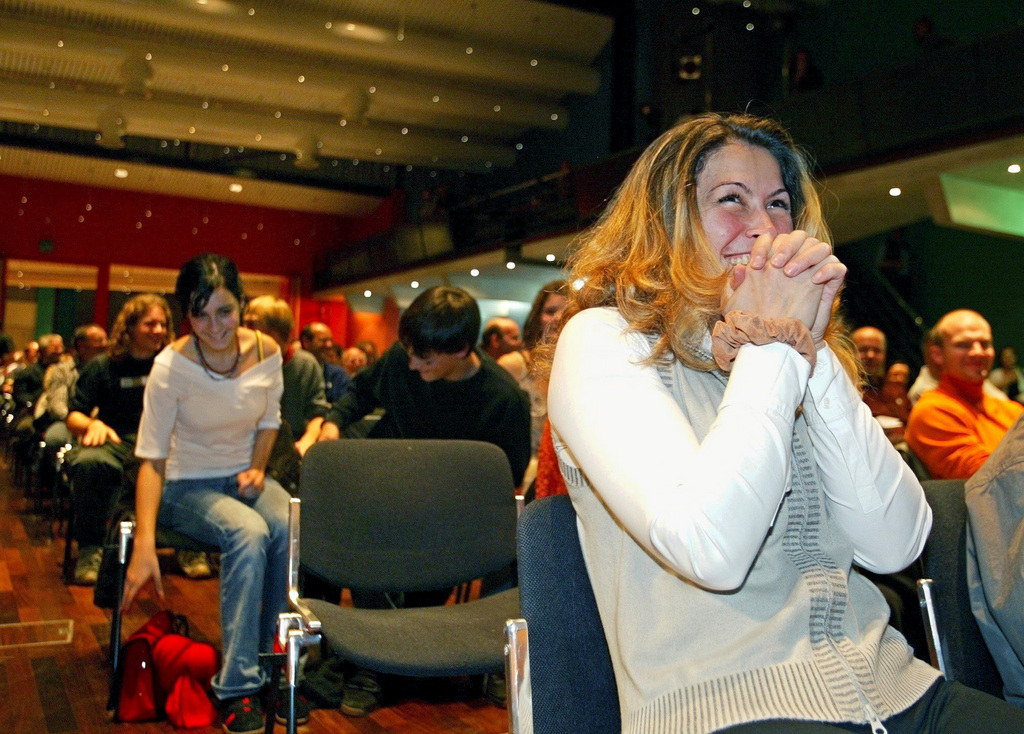Swiss diplomats can in future hold two passports

From January 1, Swiss citizens with dual nationality will be able to become diplomats. The cabinet has approved the lifting of the current ban, which the foreign ministry described as “obsolete” and “discriminatory”.
“Many Swiss citizens now hold dual nationality. In some cases it is automatic and not all foreign states allow the individual to renounce it,” the foreign ministry said in a statement on Friday.
This change to current practice will require an amendment of the Federal Personnel Ordinance.
In September, the House of Representatives rejected a bill put forward by a politician from the rightwing Swiss People’s Party calling for the ban to be continued. He argued it prevented conflicts of interest.
At the time, Foreign Minister Didier Burkhalter pointed to “social reality”, saying that a third of applicants to the diplomatic service were dual nationals. He rejected the view that such citizens were less loyal or patriotic.
Immigration background
Also on Friday it was reported that more than a third (36%) of the country’s seven million adults had an immigration background, up from 31% in 2008.
Six out of seven people in this category were from EU/EFTA countries, according to the Federal Statistical Office.
The majority of people with an immigration background had been born abroad: some had taken Swiss citizenship, some hadn’t. In addition there were so-called secondos – people born to at least one immigrant – who had either become Swiss or not.
The cantons with the highest proportion of people with an immigration background were Geneva (62%), Ticino, Basel City and Vaud (just under 50%). By contrast, fewer than one in five people in cantons Obwalden, Jura and Uri had such a background.
The Statistical Office noted that not even 10% of politicians in the federal parliament had an immigration background.

In compliance with the JTI standards
More: SWI swissinfo.ch certified by the Journalism Trust Initiative












You can find an overview of ongoing debates with our journalists here . Please join us!
If you want to start a conversation about a topic raised in this article or want to report factual errors, email us at english@swissinfo.ch.